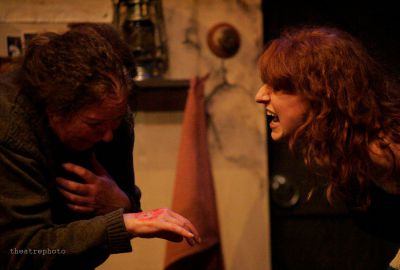

Learning to decipher the squiggles on the page well enough to pass the key stage 1 Sats does not make you a reader, says author Susan Elkin
Teaching reading in itself is pointless. All the phonics, decoding skills and whole-word recognition in the world are a waste of time unless you then develop children as real readers.
Think of it like swimming. Learning a few strokes and getting your 10-metre certificate does not make you a good swimmer. For that, you have to jump into the deep end and swim length after length with confidence and stamina. In short, you have to actually do it. Reading is the same. Learning to decipher the squiggles on the page well enough to pass the key stage 1 Sats does not make you a reader. You learn to read properly only by reading.
The trouble with learning the mechanics – of almost anything – is that if you don’t immediately and continuously apply what you’ve learned, you lose the skills. That is probably why The Centre for Economic Performance recently reported that by the age of 11, having been exposed to phonics at an earlier age makes no difference to a child’s reading. It also explains the alarming recent observation from the University of Sheffield that many undergraduates are unable to read whole books. We are failing to develop readers.
So how can we embed reading habits at an early age?
Be a role model
Children emulate adults. If they never see respected grown ups buried in books, then they get the “do-as-I-say-but-not-as-I-do” message that this is an activity prescribed in childhood only to be put aside as soon as you have “more important” things to do.
Sustained classroom periods of individual silent reading in which teachers and TAs sit silently reading with the children are essential. If I were a headteacher, I’d have a daily block of whole school time for this and, book in hand, would visit each class regularly to join in. You cannot underestimate the power of role-modelling. That’s why there’s important work to be done in this area with parents too, especially in finding ways of getting dads – or other significant male adults – to read with boys.
Discuss books with children
Ask them what they are reading. If they want to, pupils can write reviews or share their thoughts orally with the group. Tell them what you are reading and make sure that you read plenty of children’s and young adult fiction as it comes out. The teacher whose knowledge doesn’t extend beyond a handful of 1980s titles has a lot to answer for.
Don’t worry about quality
Reading fluency matters more. Enid Blyton made me a reader. I soon re-applied the book-gobbling habit to other authors as I grew up. Never criticise a child’s or young adult’s reading choices. How do you learn to make valid critical judgements if you don’t read indifferent stuff as well as Judith Kerr, Charlotte Bronte and Philip Pullman?
Speed matters
No one enjoys a book which takes three months to toil through. That’s why children need masses of practice as soon as they can decode to break the slow sub-vocalising habit. And incidentally, that’s why listening to pupils read is counter-productive. It tests reading but impedes its development.
Real reading is an essential life skill and entitlement. But it has little to do with the 21st-century, mechanical concept of “literacy”.
Former secondary English teacher Susan Elkin is the author of Encouraging Reading (Network Continuum Education, 2008) and Unlocking the Reader in Every Child (Ransom, 2010)
Original Article







